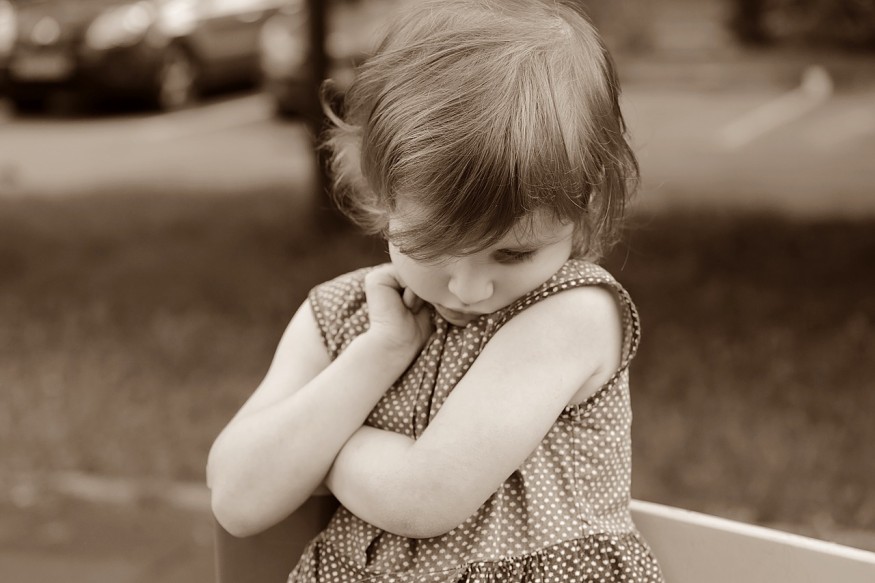Kids often need help, yet they cannot seem to ask for assistance from adults. It is a common predicament and entirely solvable by identifying what is stopping them from reaching out.
Scientists previously believed that kids only start thinking about what other people think of them at nine years old. However, new research suggests that they deeply care about other people's opinions on them that they sometimes cheat on simple games to appear smart.

Kids Avoid Asking for Help to Not Appear Incompetent
Adults usually avoid asking for help because they feel embarrassed since they might be shunned or rejected. Also, asking for help for them means telling people they feel vulnerable. For instance, it might signal other people that they are lost when they ask for directions. More so, asking for assistance seems to broadcast to everyone one's incompetence.
Similarly, a child as early as seven years old would not ask for help for the same reason. Before, psychologists assumed that children only start to care about their peer's opinions in the late years of their elementary years. But their study, titled "Being Versus Appearing Smart: Children's Developing Intuitions About How Reputational Motives Guide Behavior," published in the journal Child Development, suggests that it started a few years earlier.
Researchers said that kids' concern about their reputation could significantly affect their education, Scientific American reported. If they are afraid to ask for help or assistance from their teachers on their lessons, learning will be difficult for them. That means teachers ad caregivers must evaluate their practices and decide how to make kids more comfortable asking for help.
Their study used a classic technique from developmental psychology by telling kids some stories and asking questions to reveal their thought processes. They observed that four-year-olds would likely ask for help, but seven to eight-year-olds thought that the kid who wanted to look smart did not need any assistance.
The kids also responded to behaviors and traits that might make them appear less smart in front of fellow kids, such as admitting to failure and modestly downplaying success. Therefore, they are at an age where they are aware of several ways that behavior might affect their reputation.
How Can Kids Overcome Awkwardness in Asking for Help?
According to Tip-top Brain, it is important to take note of the response of kids when they are struggling. Children have their language in displaying their feelings or confusion compared to adults. Due to this, adults may sometimes write off a student's confusion by telling them to "study more" or "stick to it."
Instead of doing this, adults or teachers must dig deeper into the child's confusion. Identify what tools they may have already used or whether they already asked someone else, and suggest any that they might not have used yet. After that, follow-through kids so they feel they are heard and helped to avoid them feeling trapped or discouraged when they do not receive any assistance.
Generally, it is challenging to ask for help no matter what age because there is vulnerability when they say they cannot do something independently. But it is important to remember that asking for help is one step in the right direction.
RELATED ARTICLE : Children With Spatial Cognition Training Also Experience Enhance Mathematical Learning, Psychology Study Says
Check out more news and information on Psychology in Science Times.
© 2025 ScienceTimes.com All rights reserved. Do not reproduce without permission. The window to the world of Science Times.











